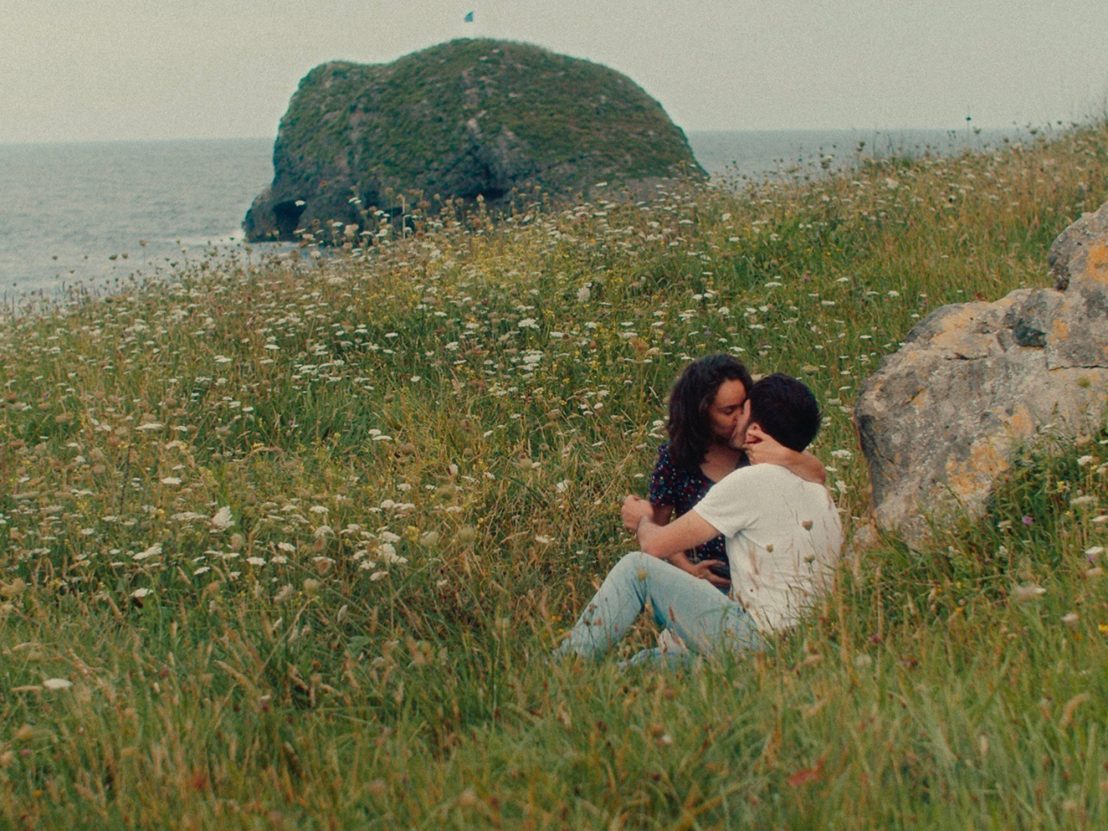
A few top picks from the big and brassy return of the Dutch mainstay, its first in-person gathering in three years.
And we’re back… As film festivals across the globe strained to adjust to the logistical (and emotional!) tumult of the pandemic, Rotterdam found itself having to hit the bench for two editions, delivering largely digital-focused festivals. In 2023 they return with a vengeance (and, understandably, a tighter budget) to celebrate a cinema that is touched by experimentation and high artistry, one that not so much sits on the fringes of the mainstream, but exists as its own vanguard for the challenging, the thought-provoking, the passionate and the personal. As a moderately long-time attendee of the festival, it’s the place you go to find something new, with young filmmakers testing the tensile strength of the medium, and old hands being unafraid to mark their work with an auteurist stamp. So on that note, here are a couple of highlights.
This ingenious Hungarian cut-up job sees cine-alchemist Péter Lichter plundering an archive of over 100 silent film prints and filching any fleeting moments that connect to the plot of Agatha Christine’s first Poirot novel, 1920’s ‘The Mysterious Affair at Styles’. So as the text is being intoned and subtitled on the screen, we have a cascade of images featuring dastardly cads and tragic dowagers (and there’s added layers of DOS loading screens and 1990s PC games such as Doom thrown into the mix). It’s a fun, clever lark, but would work like gangbusters if you knew Hungarian, as it’s very tough to read the dense subtitles and lavish in the torrent of images at the same time.
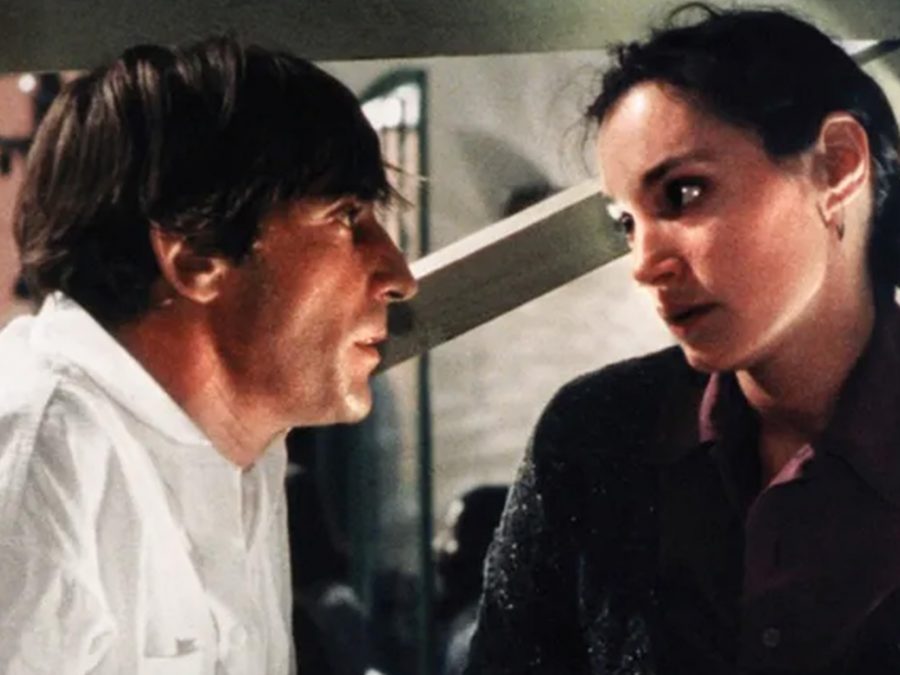
Mathieu Amalric has said he’s dialling back the acting to focus on his first loves: directing and music. Having recently been touring a set of video pieces made in collaboration with the experimental jazz saxophonist John Zorn, he swung by Rotterdam to present a new 2K restoration of his fruity 1995 directorial debut, Mange ta Soupe, a slice of madcap memoir about a son returning home to his ageing literary critic mother who has barricaded herself in with piles of books covering every wall and most doors. It’s a zingy French farce that proves Amalric was always as dab a hand behind the camera as he is in front. Hopefully a Blu-ray will be incoming…
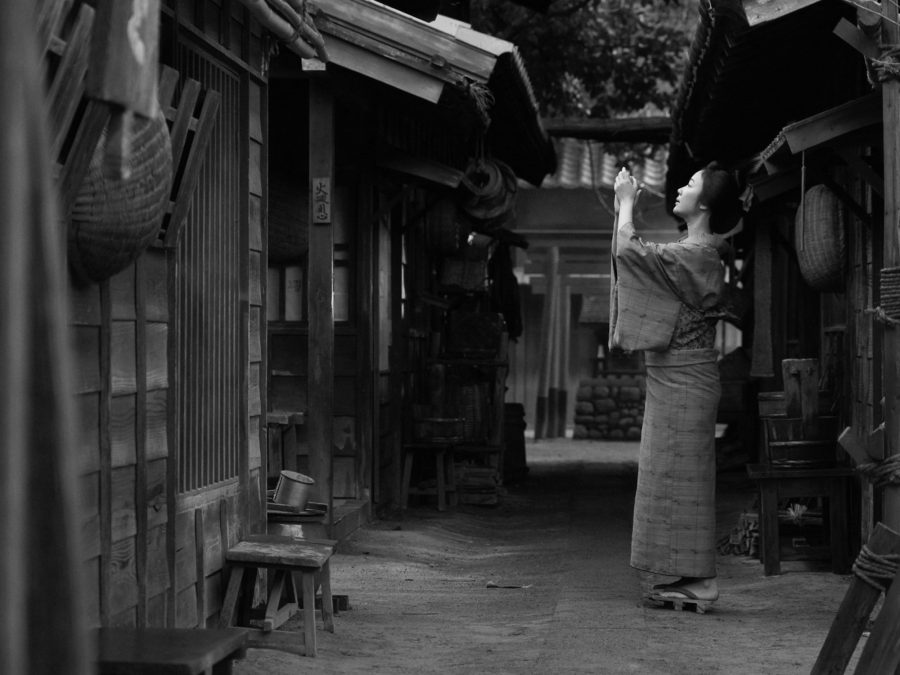
Probably the best Edo-era Japanese black-and-white Academy ratio romcom about the burgeoning love between a timid schoolteacher with a slashed throat and a surprisingly buff “manure man” – paid for collecting human slop from tenement latrines and shipping it to the countryside to be used for fertiliser. If you can get over the sound effects used for the sloshing of faecal slurry, this classically-mounted love story from Japanese veteran Sakamoto Junji combines intriguing counter history with a genuinely touching meeting of random hearts (with poo).
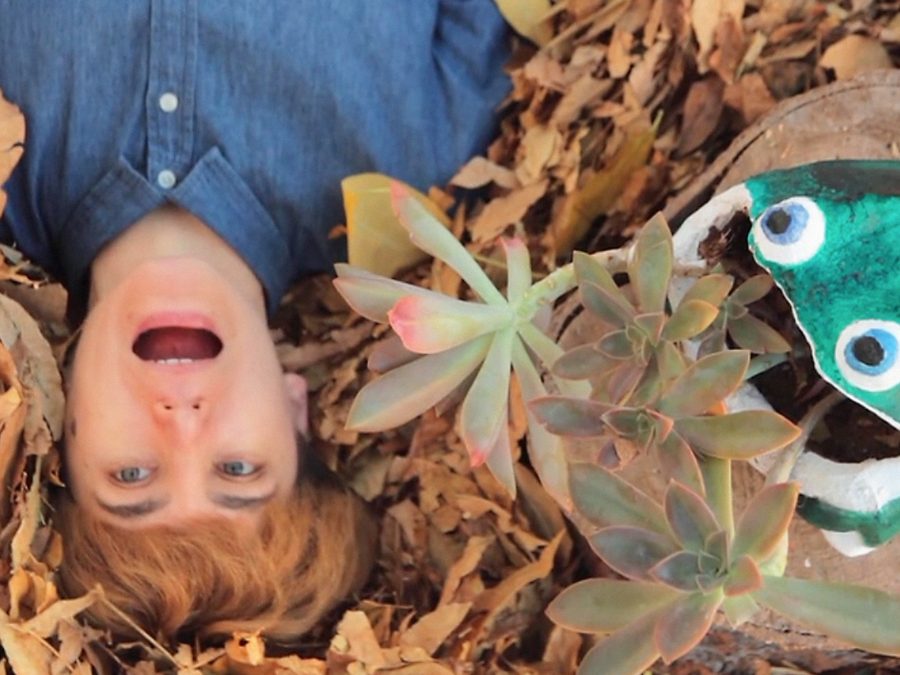
There was a fair bit of pandemic cinema at this year’s festival, and Constanza Feldman and Agustín Mendilaharzu’s Clementina proved that harking back to our collective memories of domestic imprisonment didn’t have to be a drag. Feldman plays the Tati-like title character who goes around her daily routines set to a symphony of OTT foley cues, while the film itself plays like a wry satire of the arduous process and sometimes heartbreaking process we go through to make a house a home. Wins inaugural award for finest final shot of the festival.
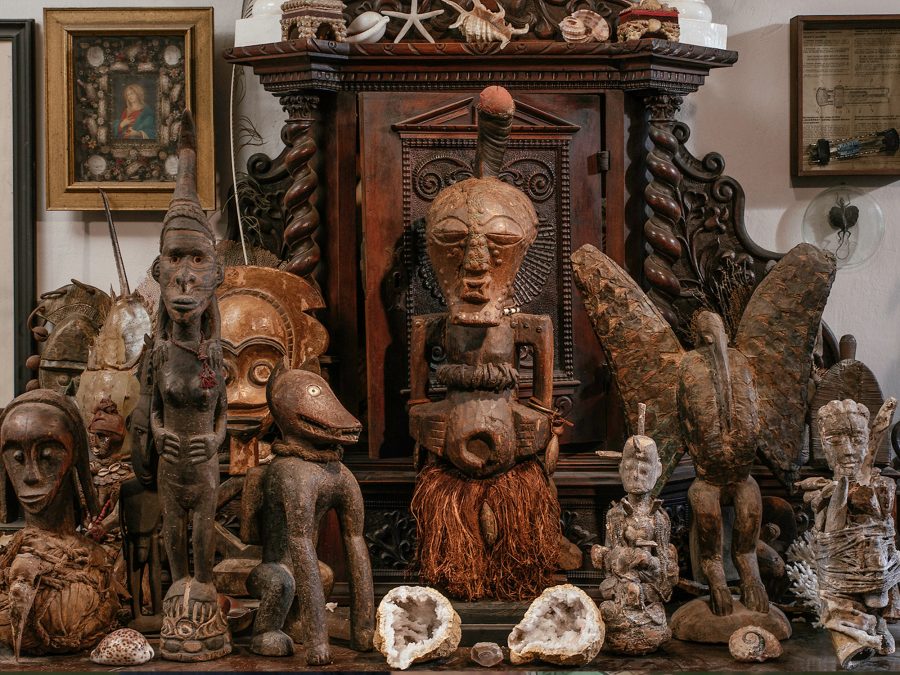
We all know when it comes to personal collections of arcane curiosities, Guillermo del Toro rules the roost. What 88-year-old Czech stop-motion maestro and dedicated surrealist Jan Švankmajer is saying to del Toro is: hold my lopsided and bejewelled flagon of beer. Kunstkamera operates as an enervating and emotional last will and testament, as it consists of a visual itinerary of his and his late wife’s considerable art holdings set to the music of Vivaldi (played both forward and backwards). The art itself is completely wild and unique, most of which seems like it was salvaged from as-yet-undiscovered cultures on distant moons, but the film operates as a lament to that old saying about a life spent amassing material possessions: “You can’t take it with you.”
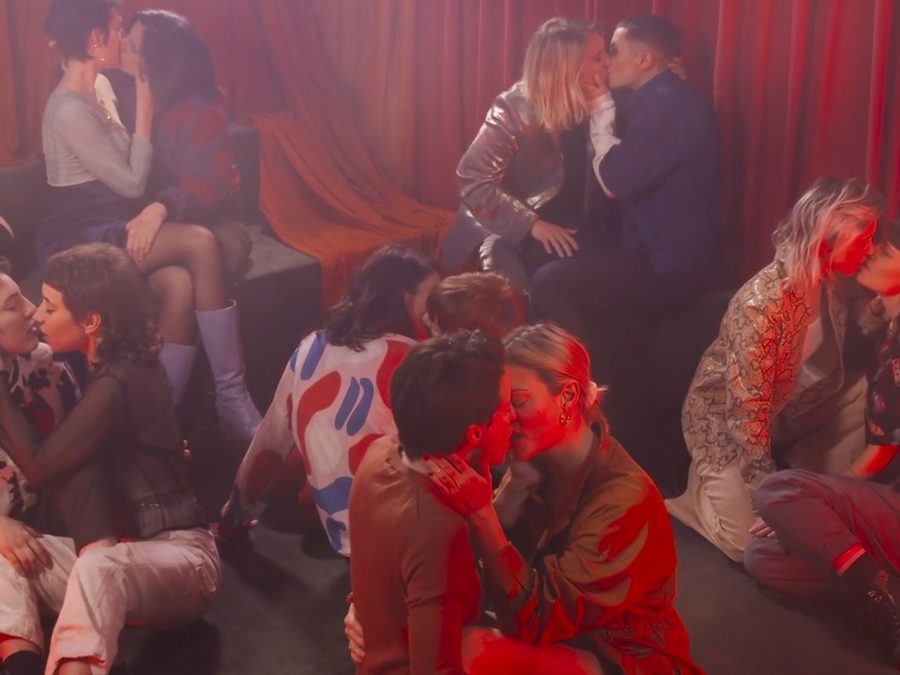
The beauty of film festivals is just taking a roll of the dice and watching something that corresponds to a slot you happen to have in your schedule. Such was the case with Zaida Carmona’s Girlfriends and Girlfriends, a fond and flighty tribute to the partner-swapping, bed-hopping antics in the films of French director Eric Rohmer. Carmona is superb in the lead as she ponders some rebound romance in the shadow of heartbreak, and it’s all set to an incredible soundtrack by Barcelona’s soon-to-be electro-pop sensation, Maisonieria. Seek it out.
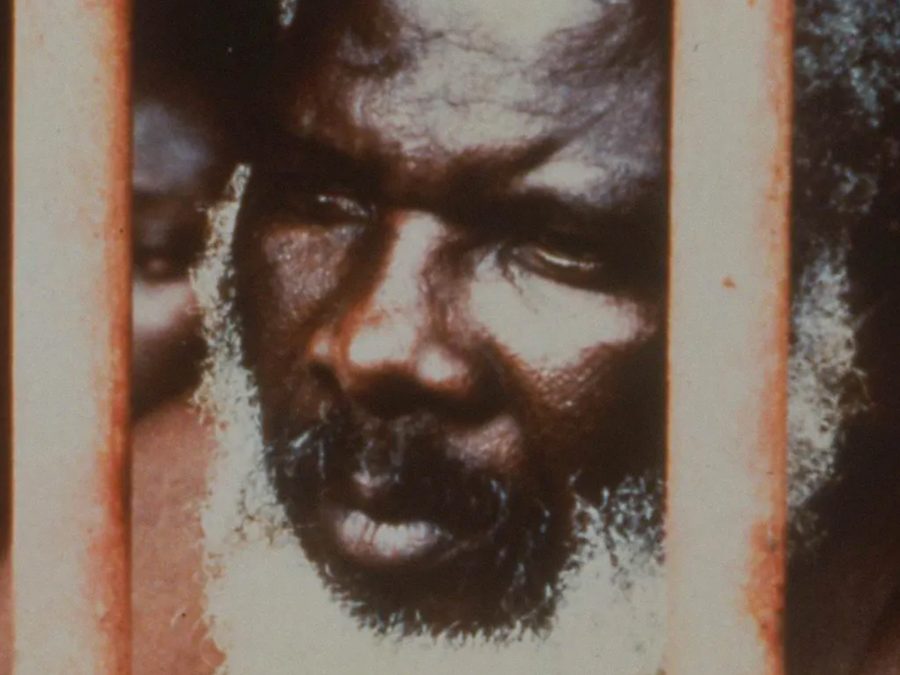
Without doubt the most moving moment of this year’s festival came in a post film Q&A by Burkinan director Drissa Touré who, at the age of 70, has been subsisting as a wood seller since the late 90s. The festival presented retrospective screenings of his two directorial efforts, 1991’s Laada, and 1995’s Haramuya, the latter of which led to his ostracisation, not only from the film community but also his own family. Touré made the film after seeing Robert Altman’s Short Cuts, and it consists of much scandal and vice on the streets of Ouagadougou. Its trenchant critique of a corrupt Imam even led Touré to renounce his Muslim faith. Needless to say, Touré is someone whose work should be seen and celebrated fare and wide.
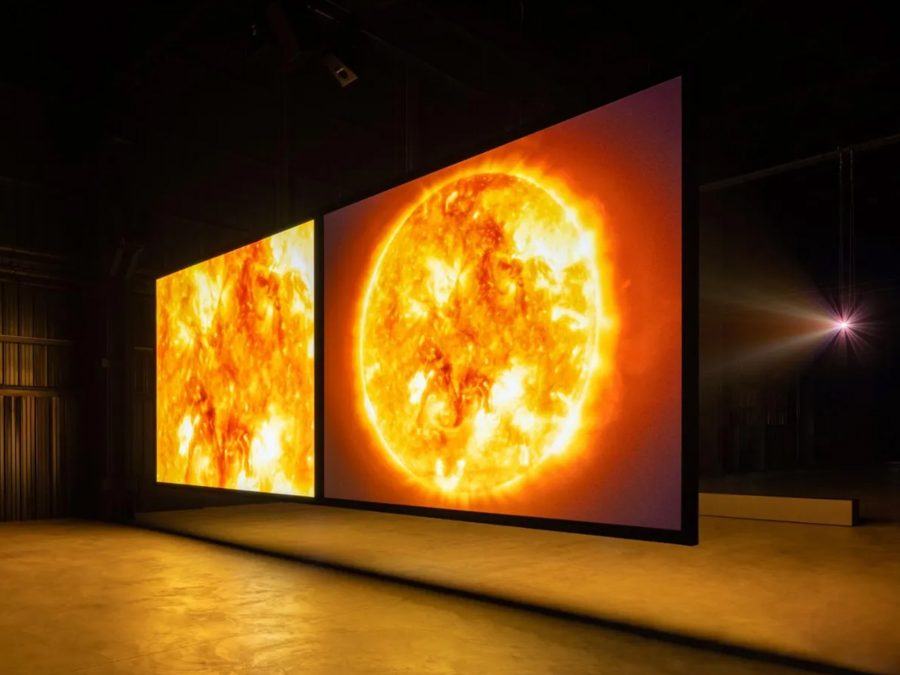
This extraordinary installation piece from filmmaker Steve McQueen was a Rotterdam highlight, and compounds the festival’s reputation for championing serious artist filmmaking (it’s one of a number of such presentations). The 20-minute piece sees McQueen narrating a story, told to him by his late father while on his deathbed, regarding a violent racist encounter he suffered when working as an orange-picker in Florida in the 1950s. On the screen, remixed footage from the 1927 film The Jazz Singer contextualises and critiques ingrained racist attitudes as Al Jolson is seen merrily applying blackface over and over again while gabbing with a chorus girl. It’s a tremendous work, bludgeoning and wholly effective transmitting a sense of howling rage.
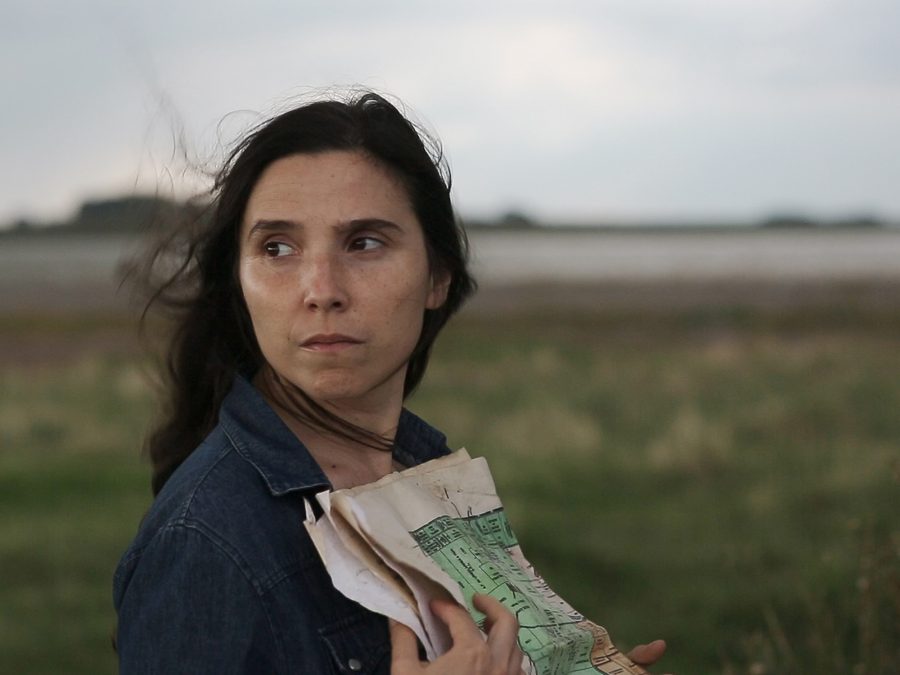
I had heard whispers that this was a good one from its screenings at the Venice Film Festival in 2022, but nothing quite prepared me for Laura Citarella’s existential opus that is, boiled down, about a passionate woman who changes her mind. Set in the fairly glum city of Trenque Lauquen, it’s four-and-a-half our runtime is split into two chapters, the first of which sees a couple uncover a quaint mystery when they discover a series of love letters hidden in library books, and then the second, well… let’s just say that say something happens which completely monopolises the woman’s attention and she suddenly pivots to something else. Despite the runtime, this is now slow cinema – it’s a completely engrossing, surprising and, eventually, transcendent, albeit in a melancholy sort of way.

This year I was pulling double-duty as both journalist and moderator, in that I was given the delightful and rewarding task of hosting a series of press conferences with the makers of the 16 films pitted against one another for this year’s Tiger Award. These titles – all first or second films – ranged from speculative queer history (Georden West’s Playland) and an Iranian kindergarten comedy (Amir Toodehroosta’s Numb), to nakedly revealing auto portraits (Giovanni Bucchieri’s 100 Seasons, Guido van der Werve’s The Breath of Life), lilting summer romances (Diego Llorente’s Notes from a Summer) and snappy lockdown farces (Lukas Nathrath’s One Last Night), to namecheck just a handful of the films. It’s a competition that promotes free, true and idiosyncratic expression, and even while attempting to remain diplomatic, I can honestly say that any one of these films could justifiably pick up the big prize and I wouldn’t bat an eyelid.
The 2023 International Film Festival Rotterdam runs from 25 January to 5 February. For more information on the line-up and prizes, head to iffr.com
Published 2 Feb 2023